План-конспект интегрированного урока по английскому языку и кубановедению в 8 классе :
«Our native Land»
Цели и задачи:
Совершенствовать речевые навыки.
Развивать способности к групповому общению.
Патриотическое воспитание на уроке.
Развивать умение задавать вопрос-уточнение.
Воспитывать гуманность и чувство любви к родному краю.
Воспитывать толерантное отношение к другой культуре.
Тип урока: интегрированный
Форма урока: виртуальная историческая экскурсия по Кубани.
Оборудование: компьютер; мультимедиа проектор; презентация Power Point к уроку , доска, карта Краснодарского края, диски с песнями.
Teacher: Hallo, my friends. I`m sure you are full of energy and ready to begin our lesson. First of all translate some words into English.(Учитель просит перевести некоторые слова на английский язык, а затем написать эти слова в кроссворд)
What`s the English for «казаки» («страна», «хлеб», «житница», «земля»)
Ученики: сossacks, country, bread, granary, land.
Teacher: Take your crossword and write these words and then read the key word.
| c | o | s | s | a | c | K |
| |||||
|
| c | o | U | n | t | r | y | |||||
|
| B | r | e | a | d | |||||||
| g | r | A | n | a | r | y | ||||||
| l | a | N | d |
| ||||||||
Teacher: I think you`ve guessed what we would talk about.
So, let`s start our lesson with poems.
S1:
«Кубань»
Ты был на Кубани? А ты побывай.
Отличные люди, прославленный край
Там вечер просторный и песня простая
У клуба парнишек и девушек стая
Там примут тебя, как хорошего друга,
Покажут, как землю ворочают плугом,
Как хлеб убирают, как стол накрывают,
Как в горнице гостя у нас угощают.
Гончаров В.М.
S2:
Могучие горы, степные просторы,
Приморского берега грань…
Леса и поляны, сады и лиманы –
Всё это родная Кубань!
Родные станицы, разливы пшеницы,
Плывёт за комбайном комбайн.
Огни городские, гудки заводские –
Всё это родная Кубань!
Дары свои щедро открыли нам недра,
Морями разлились хлеба.
Здесь край величавый сроднился со славой –
Всё это родная Кубань!
Весёлые песни летят в поднебесье,
Открытая высь голуба.
И нету красивее края России,
Чем наша родная Кубань!
В. Подкопаев
Teacher: Well done! The next task is to gather the map of our region. Let`s try. And you will get the key of our regions history.(учащиеся собирают карту Краснодарского края из нескольких частей и получают ключ к истории края).
Teacher: Well, now we have the key (на доске появляется стихотворение)
My native land ,my dearest Motherland.
Whereever I `d be whatever I`d do
Your spirit of love ,your all best traditions
I`ll keep in my heart and carry them through
Teacher: Let`s continue our game. Pretend that our pen pals from Cheltenham are your gests today. Some of you will be English students, others will be Russia ones.(ученики делятся на две группы: студенты из Англии и студенты из России)
Teacher:
As we know kuban old men acted as the keepers of the Cossacs` customs and ceremonies.We`ll talk about some of them.
E.S.; What interesting old family traditions and customs of your region do you know.? What does the phrase «як батько сказав, так и будэ!» mean ?
R.S.: May I try. As I know it means «father`s word is the law!»
E.S.: What can you tell us about it?
R.S: In the cossacks` commune the family status depended on the father who had the indisputable authority. Children waited for his blessing to start any work. Father was consulted with on the most important questions, as he knew life as well as art of war. His word was decisive.
R.S2: Adressing the father all the members of the family said YOU and his wife used the first name and patronymic.
R.S3: The Cossacks cultivated in children respect for elders from earliest years.
One example which I remember from the history. An old Cossack asked a boy his mother`s name but the boy couldn`tsay it: «Who knows her name? We call her Mum.I used to associate with Dad...
E.S.: Did a Cossack woman have to cover the head with a kerchief?
R.S4.: Yes, and she had to wash her husband`s feet.
E.S.:You want to say there were no conflicts between spouses .
R.S5: In spite of the harsh customs in the Cossacks families however conflicts between spouses were not seldom. But the Cossacks tended not to foul their own nest(не выносили сор из избы)
R.S6: They tried to keep their children away from their conflicts. And the neighbours shouldn`t know about them all the more. Anyway all the conflicts had only one final: «do as father says». He punished those who were wrong (both children and grow-ups). But it was he who did praise with a kind word or with a present (a new spoon or candy)
E.S. What a strange title of an article is «It’s better to be born a man than a pretty woman.» (на доске статья из журнала «Не родись красивой, а родись мужчиной.»
R.S7:
The Cossacks’ daughters grew up free but they didn’t get land.
Birth of a child was immense happiness. Among the Kuban Cossacks there was a tradition to bring presents into the house when a baby (particularly a boy) had its first tooth cut (появлялся первый зуб). The most common presents were a gun, bullets, cartidges, gunpower and bow arrows.(ружье, пули, патроны, порох и лук со стрелами)
The Cossacks were superior horsemen. By the time a Cossacks had his first teeth cut his father and mother put him on a horseback for the second time and took him to the church to hold a public prayer to St.Ivan the Warrior.(служить молебен Святому Ивану-воину)For the first time a Cossack «straddled a horseback on the fortieth day of his life.It was a kind of the ceremony of initiation: the father put on a child a sword-belt and placed him on a horseback.
.Maybe, it was the reason why those little Cossacks superior shooting skills. By the time they were ten many boys could hit in the coin held between the fingers (пулей выбивали монету, зажатую пальцами). When a boy was fourteen the parents bought him a stallin.(жеребец) Since early childhood the little Cossacks were taught to defend the Kuban land and later to bear the name FATHER (носить гордое имя ОТЕЦ).
Teacher: Thank you. Any guestions, dear guests?
E.S.: Do you know poems about Kuban in English?
R.S. My native land and people living here
We help each other feeling hearts with pride
Your helping hand we’d like to feel and hear
The streams of hope running deep and wide.
My land, my nearest Motherland
I’d like to tell you “I love you”,
Your fields of crops, your sunny meadows
Your all year round flowers too.
Teacher: And now let`s listen to the song . «Varenics» This joyful song is about everlasting problem of interactions in the family.
(Дети слушают песню «Вареники»)
Teacher: Dear students, thank you. You were at your best today. (на доске слова песни «Пусть всегда будет солнце».
Итог урока. Мы заканчиваем нашу встречу песней на английском и русском языках.
Рефлексия.
Перед вами карта нашего края. Давайте украсим её цветами согласно своему настроению, которое осталось у вас от нашего урока.
( У детей на партах лежат цветы на магнитах, которые они прикрепляют на контурную карту Краснодарского края, расположенную на магнитной доске ).



Значения цвета: восторг, радость, приятное состояние,



спокойное состояние, грустное настроение, тревожное,


плохое настроение, трудно сказать.
IX. Домашнее задание:
Составить кроссворд « Посмотри как хорош, край в котором ты живёшь»
Интегрированный урока по английскому языку
и истории в 8 классе :
«Our native Land»
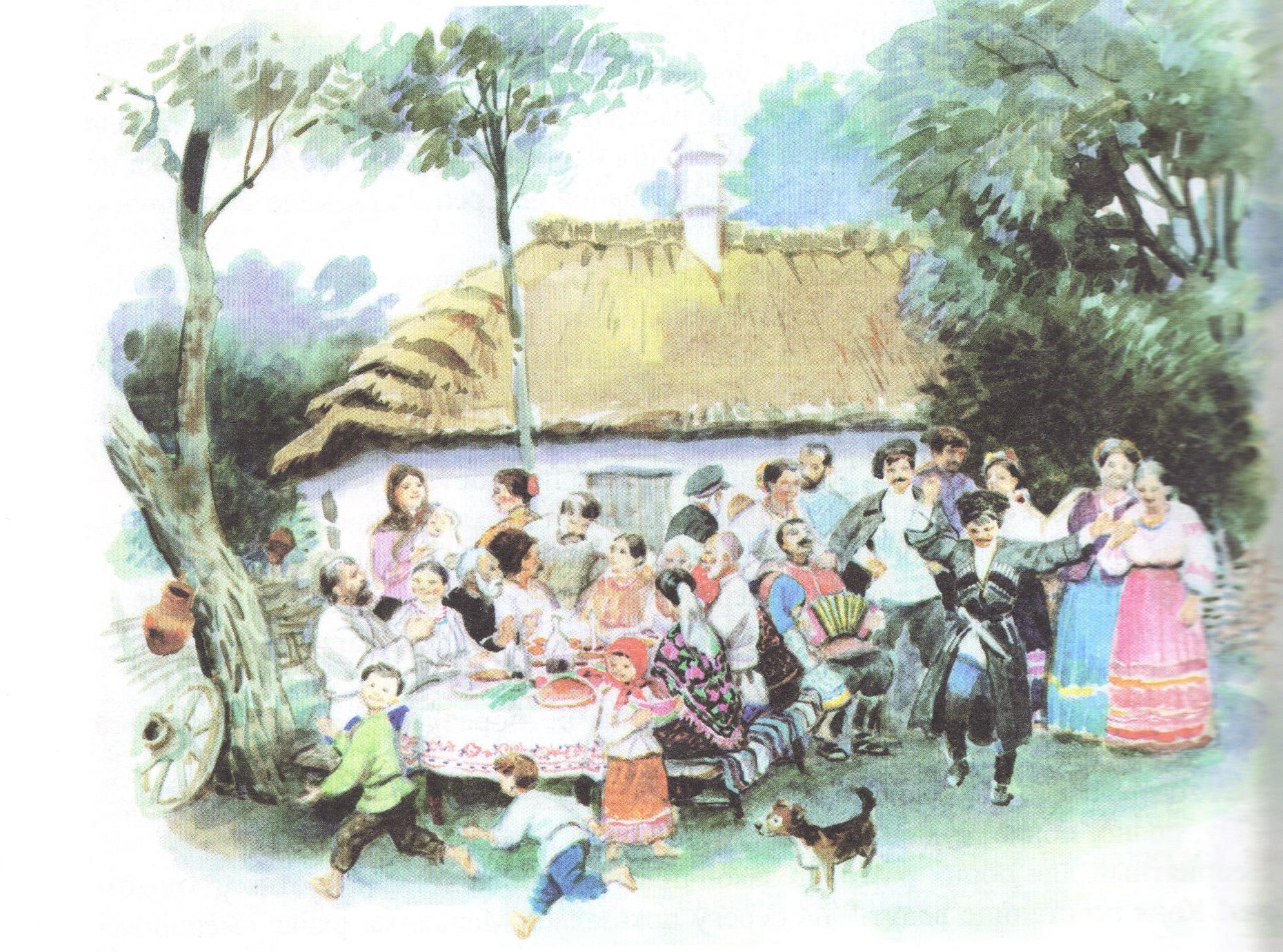
Выполнили: учитель английского языка-
Голенкова Татьяна Ивановна
учитель истории, кубановедения
Седых Ольга Викторовна
2010 г.

 Получите свидетельство
Получите свидетельство Вход
Вход


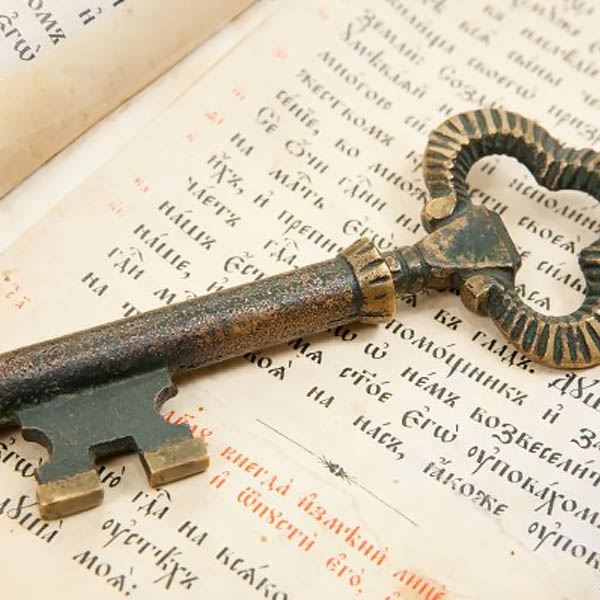
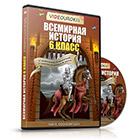
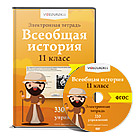
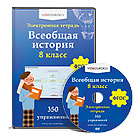
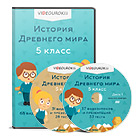
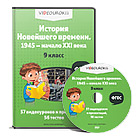
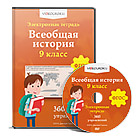
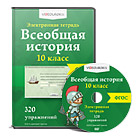
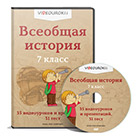
 Our native Land (1.68 MB)
Our native Land (1.68 MB)
 0
0 358
358 1
1 Нравится
0
Нравится
0


